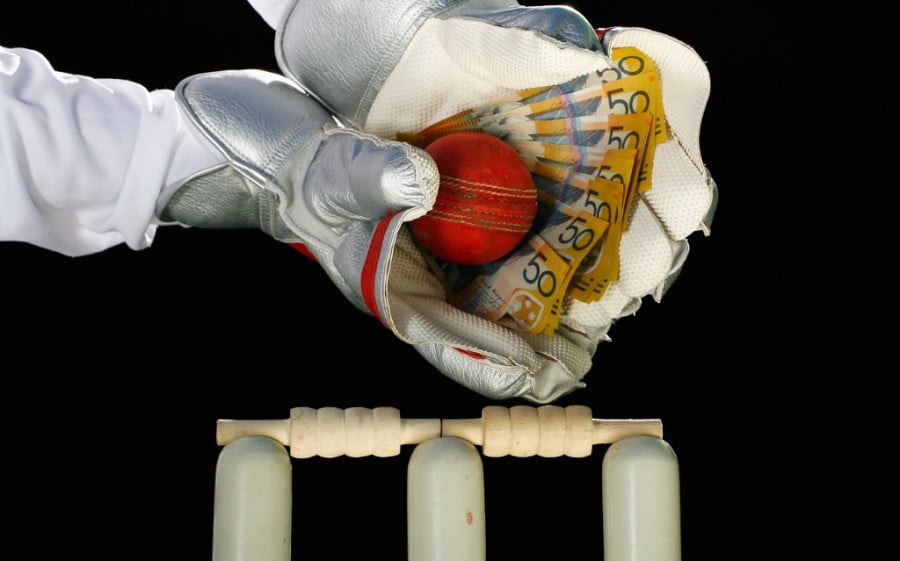ICC v Heath Streak: A Landmark Eight Year Ban For Corrupt Conduct

Cricket has been bedevilled by match fixing and rigged spot betting over recent years, with several high-profile scandals. Match fixing, like doping, upsets the level playing field between two competing teams and prevents the contest from being determined solely by the respective sporting merits of the competitors. Like doping, match fixing can – and if sufficiently widely spread, surely does – undermine public confidence in the authenticity and integrity of sporting contests, as recognised by Art 1.1 of the International Cricket Council’s (ICC) Anti-Corruption Code for Participants[1] (Code).
On 14 April 2021, the ICC Anti-Corruption Unit (ACU) announced[2] that Heath Streak, the leading all-time wicket taker for the Zimbabwean men’s cricket team, had entered into an ‘Agreed Sanction’ (explained below) with the ICC[3], pursuant to which he has been made ineligible from participating in cricket for a period of eight years from the date of the decision[4]. Mr Streak admitted several breaches of the Code and that his behaviour amounted to Corrupt Conduct. The full decision (Decision), dated 28 March 2021, is available here[5].
This piece explores:
- The facts of the case
- Mr Streak’s offences under relevant provisions of the Code
- Provisions of the Code dealing with Sanctions and Agreed Sanctions
- Analysis of the length of the ban
To continue reading or watching login or register here
Already a member? Sign in
Get access to all of the expert analysis and commentary at LawInSport including articles, webinars, conference videos and podcast transcripts. Find out more here.
- Tags: Anti-Corruption | Cricket | Dispute Resolution | India | International Cricket Council (ICC) | Sport | Zimbabwe
Related Articles
- Why sport needs a unified approach to sanctions for corruption offences
- Regulating Against Competition Manipulation In Sport
- 2021 Tennis Anti-Corruption Program - Important Changes To Courtsiding & Inside Information Rules
- ICC's Excluded Persons Policy: Checkmate To Manipulation In Cricket?
- Prioritising Consistency & Compliance: A Review Of Australia's National Integrity Framework For Sport
Written by
David Hopkins
David is a barrister at 39 Essex Chambers. His sports law practice leverages on his specialisms in commercial, construction, regulatory and disciplinary law. He was one of seven Chambers members to be appointed by the IAAF to the panel providing legal advice and representation to athletes and officials in disputes arising out of the 2019 World Athletics Championships in Doha and is a member of Chambers’ team of advocates on Sport Resolutions (UK)’s Pro Bono Panel. Recent experience includes:



